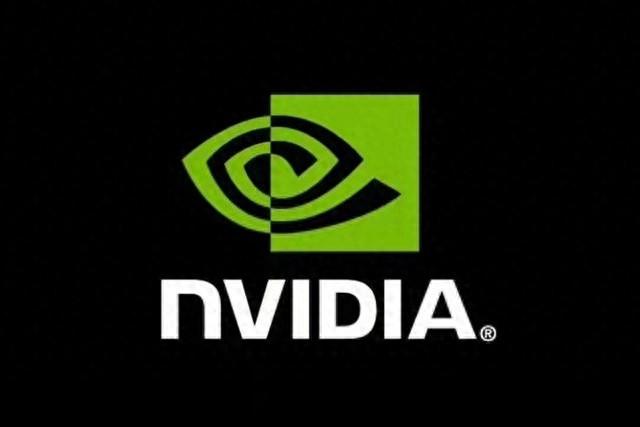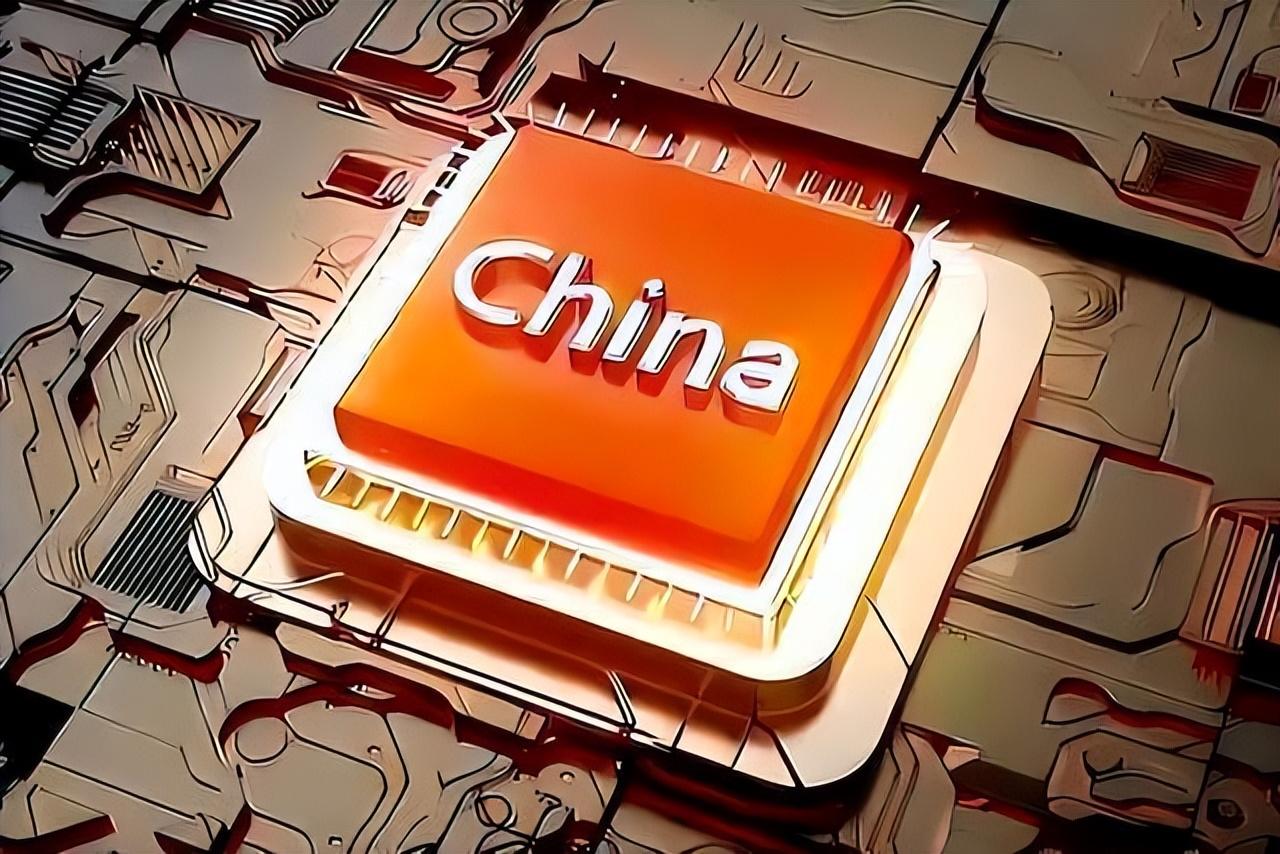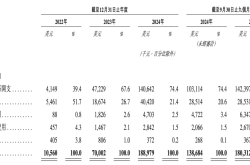NVIDIA is overjoyed as Chinese internet companies make another large purchase, leaving domestic chips with no choice
![]() 07/05 2024
07/05 2024
![]() 665
665
Citing an analysis by Morgan Stanley, a well-known investment bank, foreign media pointed out that after waiting for more than half a year, Chinese internet companies have once again made a large purchase of NVIDIA's AI chips. Even though its customized chips have weaker performance, they still won high recognition from Chinese companies due to their advantages in the ecosystem and other aspects.

NVIDIA's currently available AI chip for China is the customized version of H20, which has had 80% of its performance cut compared to high-end chips, and its pricing exceeds 100,000 yuan. The expensive price and relatively weak performance made domestic internet companies quite dissatisfied at one time, and they had suspended purchases, attempting to replace it with domestic AI chips.
At that time, some domestic AI chips claimed that their AI chip performance could rival NVIDIA's A100, and the price was more affordable. Since last year, the industry has pointed out that the number of domestic AI chips purchased by domestic enterprises has reached 1 million, opening up a situation for domestic AI chips, seemingly breaking NVIDIA's monopoly in the AI chip market.
However, domestic AI chips are constrained by chip technology. Industry insiders pointed out that domestic AI chips have excessively high power consumption, issues with compatibility with the CUDA platform created by NVIDIA, and other ecological problems that reduce their performance, causing considerable headaches for domestic internet companies.
In contrast, benefiting from NVIDIA's CUDA platform built over many years, although the performance of H20 has been severely crippled, its performance in neural training, inference, and other aspects is still excellent. Especially since global AI software is built on the CUDA platform, continuing to use H20 can accelerate AI development. After much consideration, domestic internet companies have now decided to make a large purchase.

NVIDIA's CUDA platform has become one of its core competitive advantages. Its ecological advantages are not only difficult for Chinese chips to break through, but also constrain the two major American chip companies, Intel and AMD, who plan to enter the AI chip market, and they have achieved very little market share so far. Analysis shows that NVIDIA still holds over 90% of the AI chip market.
NVIDIA's CUDA ecological monopoly has alerted relevant US departments, who are concerned that NVIDIA's ecological monopoly is not conducive to the development of American chips. Earlier, it was rumored that the US plans to conduct an anti-monopoly investigation into NVIDIA, trying to force NVIDIA to open its CUDA ecosystem and achieve compatibility with other AI chips.
US internet companies are also pushing for NVIDIA to open its CUDA ecosystem, as NVIDIA's AI chips sold based on monopoly advantages are too expensive. American internet companies such as Google and Microsoft are very dissatisfied. They have formed alliances with Intel, AMD, and others, trying to create a new AI chip ecosystem or force NVIDIA to allow Intel and AMD's AI chips to access the CUDA platform.
All of this proves the advantages of NVIDIA's CUDA platform ecosystem. After all, the CUDA platform has been built for more than 10 years, and many AI chips worldwide are built based on the CUDA platform ecosystem. NVIDIA is also unwilling to give up the benefits and has not budged under tremendous pressure. Perhaps only an anti-monopoly investigation by the US could force NVIDIA to compromise. Microsoft and Intel have previously been investigated for monopoly, and NVIDIA is likely to face the same fate.

It can be seen that China's AI chips have indeed made sufficient efforts, but they are constrained by NVIDIA's CUDA platform ecosystem. Even if they have made significant improvements in performance, many internet companies need to accelerate the development of AI large models. They do not have enough patience to bear the consequences of delays and have now decided to make a large purchase of NVIDIA's H20 to accelerate the development of AI software.








